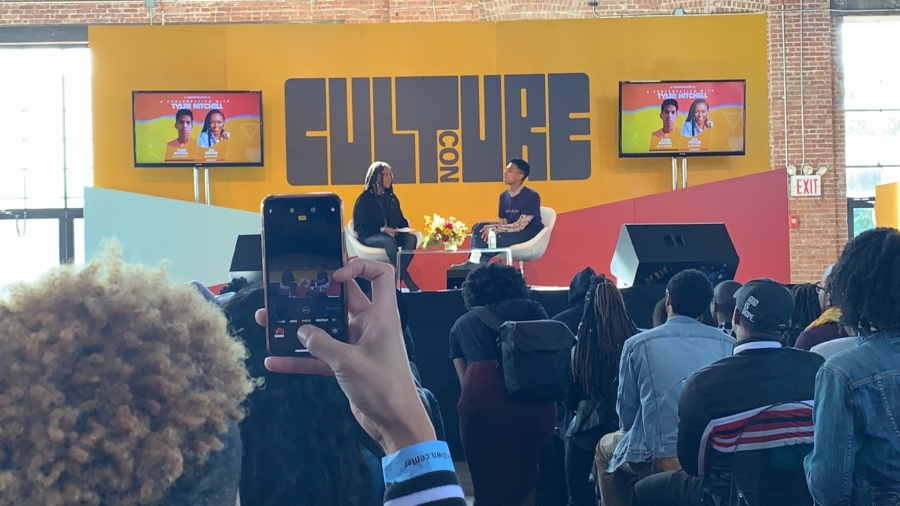Reparations are defined as “the making of amends for a wrong one has done, by paying money to or otherwise helping those who have been wronged.” Throughout history, numerous wrongs have been committed towards African-Americans, including (but not limited to) unequal education access, medical racism, housing discrimination, mass incarceration, etc., and yet no attempt to make amends has been made.
In 2009, The Senate issued an apology for slavery plus the years of oppression that followed, and expressed commitment to “rectify the lingering consequences of the misdeeds committed against African Americans under slavery and Jim Crow and to stop the occurrence of human rights violations in the future.” However, the apology remains empty since the rectification is nowhere to be found. The United States of America refuses to sufficiently acknowledge its’ long history of oppressing, dehumanizing and exploiting Black folks, and restitution is long overdue. The Compensated Emancipation Act was passed in 1862 to repay slave owners for the income they would lose once their slaves were freed. If reparations could be given to repay slave owners for lost wages, then why is giving reparations to the descendants of slavery for centuries’ worth of lost wages viewed as unthinkable?
Reparations continues to be a pressing issue due “to a series of changes that have occurred in recent years — namely, the increased academic understanding of and public attention to the ways a history of slavery and discrimination has fueled disparities like the racial wealth gap, which shows that the median white household is 10 times wealthier than the median black one.” (The 2020 Democratic Primary Debate Over Reparations, Explained) People are aware of the glaring racial wealth gap, and that slavery, plus the centuries of disenfranchisement that came after, have fueled it.
Enslaved Black people were denied the opportunity to build wealth. Meanwhile, America gained wealth from their work. The early American economy was built and dependent on slavery. The income from the forced labor of slaves was so lucrative that defenders of slavery went so far as to argue that emancipation would lead to the collapse of the American economy as a whole. “By 1860, there were more millionaires (slaveholders all) living in the lower Mississippi Valley than anywhere else in the United States. In the same year, the nearly 4 million American slaves were worth some $3.5 billion, making them the largest single financial asset in the entire U.S. economy, worth more than all manufacturing and railroads combined.” In addition to plantation slavery, slave labor was used for the development of The White House, The Capitol, Wall Street, JP Morgan Chase, The University of North Carolina at Chapel Hill, Washington & Lee University, and The University of Virginia. These institutions profited from slavery in the past and continue to make a profit in the present day. America benefitted greatly from slave labor, while those who were enslaved never received any benefits.
Furthermore, America has never acknowledged that slavery can’t be an issue of the past when it still impacts the present. The harms of slavery didn’t just go away with emancipation. When slavery was abolished, it evolved into other forms of oppression. Black people were denied educational opportunities, adequate housing, good jobs with decent wages, discriminated against by businesses, and their labor was once again exploited through the prison system. Harassment from police and White residents was common, and the subjugation of Black people continued, taking a toll on the entire community. This toll still exists in the present day.
It is not logical to enslave a group of people for over two hundred years, repeatedly railroad them into less than adequate schools and neighborhoods, incarcerate them at unnecessarily high rates as well as repeatedly brutalize them by those who are sworn to “serve and protect”, only to tell them that they are “undeserving” of proper repayment in any form. The United States has done nothing to help Black Americans recover from centuries worth of marginalization, which needs to change. Reparations have proven to be an important issue among Black constituents for the 2020 election, and a hearing was held last month to discuss a bill (H.R.40) that would establish a commission to study and develop reparations proposals. It is obvious that the demand for reparations is not going away anytime soon, nor should it. The impact of slavery is still something that negatively impacts the Black community on the social, political, and economic levels, proving that reparations are long overdue.

